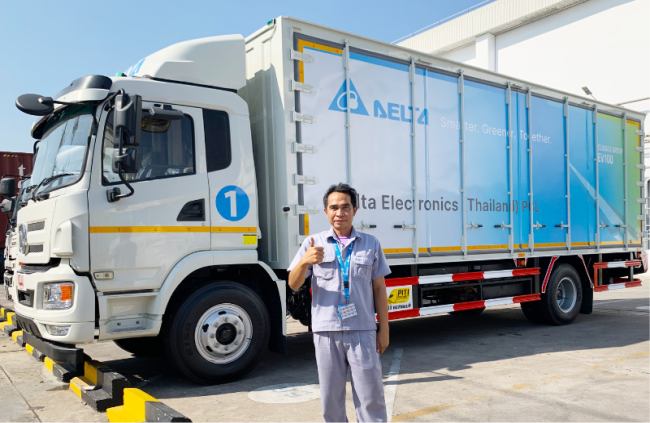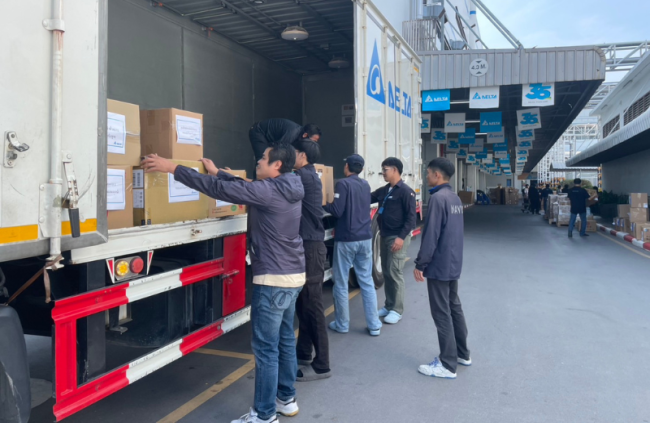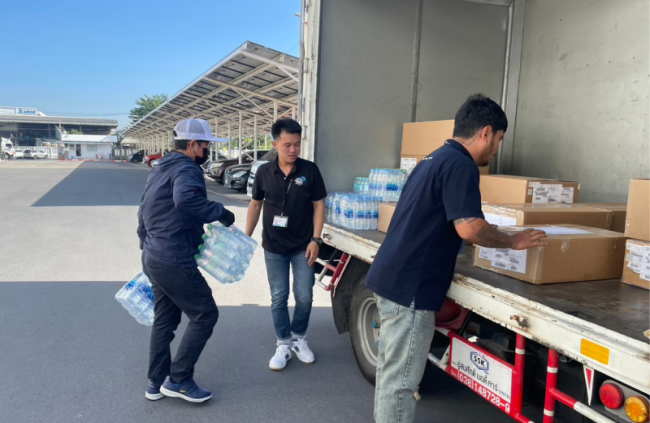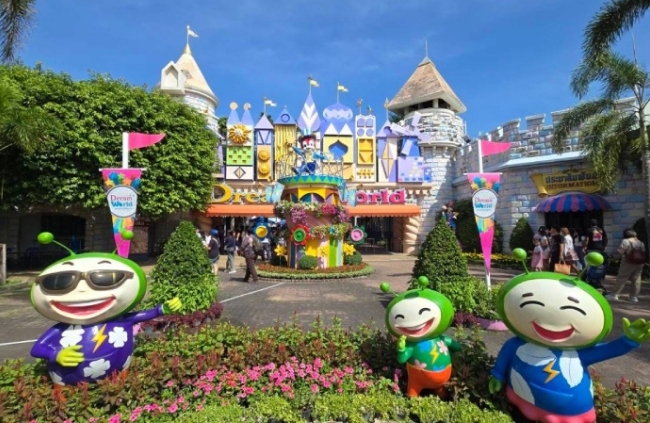Nordic Living Reimagined: Walking Through Copenhagen’s Low-Carbon Dream
By Delta Singapore - Published January 27, 2025
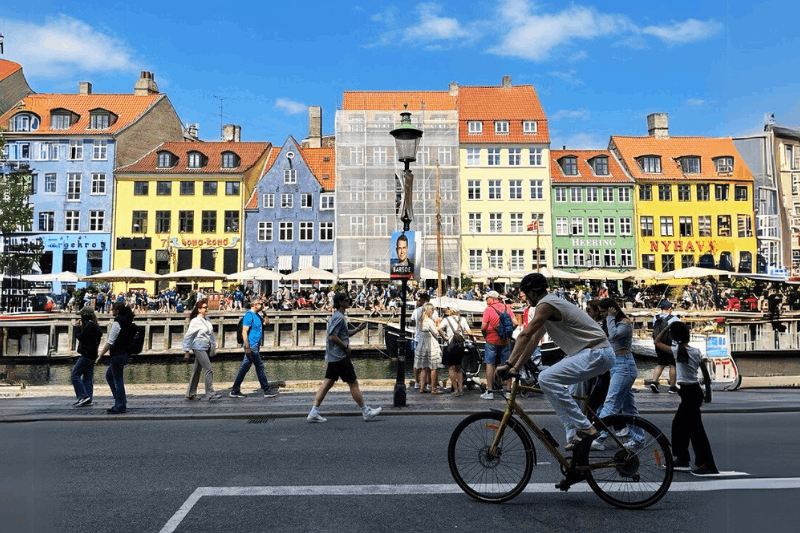 Like Delta, Copenhagen, Denmark, has long distinguished itself as a pioneer in the fight against climate change. Having set ambitious carbon-neutral goals over 15 years ago, the Danish capital has reduced its CO₂ emissions by 75% since 2005 and is on track to achieve an 80% reduction this year. In addition to these achievements, Copenhagen is committed to eco-tourism, food waste reduction, water management, and the use of renewable energy, establishing itself as a leading destination for sustainable travel. With these principles in mind, I decided to visit the Nordic wonderland in mid-2024, anticipating an eye-opening cultural experience.
Like Delta, Copenhagen, Denmark, has long distinguished itself as a pioneer in the fight against climate change. Having set ambitious carbon-neutral goals over 15 years ago, the Danish capital has reduced its CO₂ emissions by 75% since 2005 and is on track to achieve an 80% reduction this year. In addition to these achievements, Copenhagen is committed to eco-tourism, food waste reduction, water management, and the use of renewable energy, establishing itself as a leading destination for sustainable travel. With these principles in mind, I decided to visit the Nordic wonderland in mid-2024, anticipating an eye-opening cultural experience.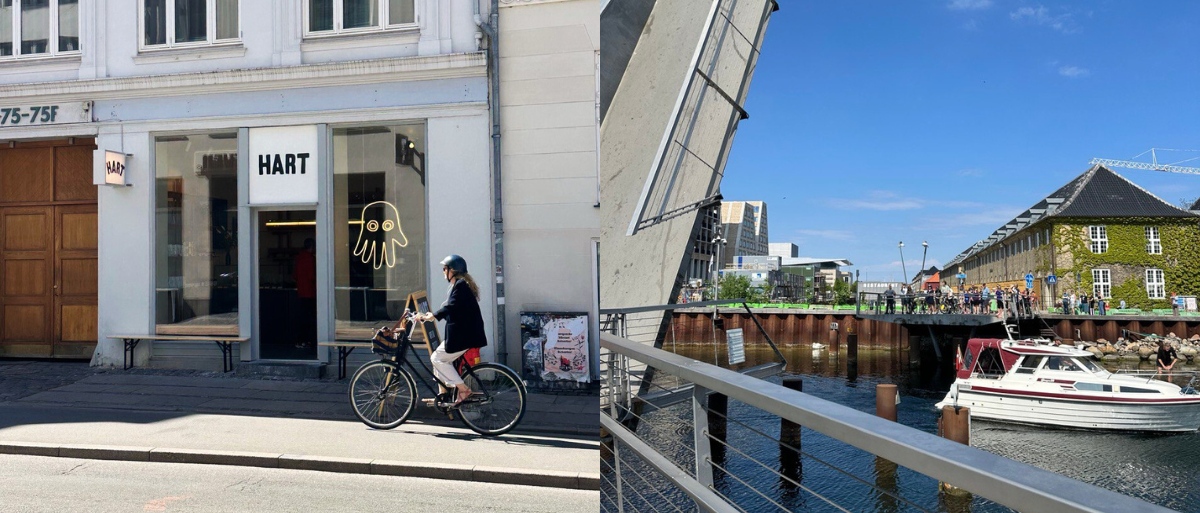 In one of the world’s most pedestrian- and bike-friendly cities, exploring has never been easier. I hopped on and off buses to visit CopenHill, a waste-to-energy plant that processes approximately 400,000 tons of waste annually, generating clean energy while doubling as a hub for green urban activities like skiing and hiking. I also racked up thousands of steps, leisurely strolling from my hotel along Nørre Voldgade to Nyhavn, where I explored the 17th-century waterfront and entertainment district, best known for its iconic, colorful townhouses, bars, and cafes.
In one of the world’s most pedestrian- and bike-friendly cities, exploring has never been easier. I hopped on and off buses to visit CopenHill, a waste-to-energy plant that processes approximately 400,000 tons of waste annually, generating clean energy while doubling as a hub for green urban activities like skiing and hiking. I also racked up thousands of steps, leisurely strolling from my hotel along Nørre Voldgade to Nyhavn, where I explored the 17th-century waterfront and entertainment district, best known for its iconic, colorful townhouses, bars, and cafes.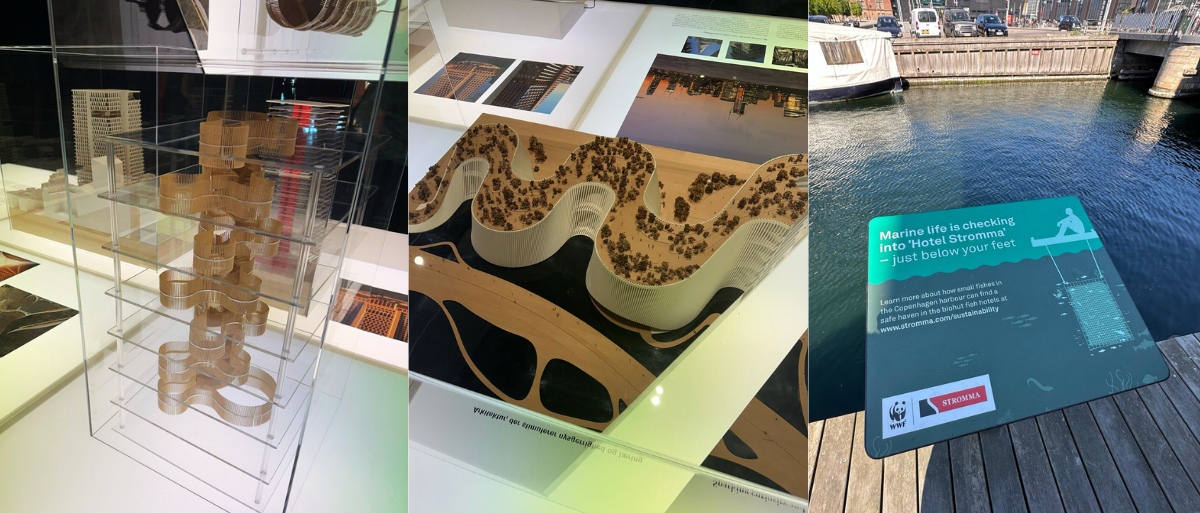 But what truly astounded me about the city was how sustainability is woven into its very fabric. A visit to the Dansk Arkitektur Center introduced me to the many innovative ways green buildings can be realized. Roofs made of straw? The Danes are experimenting with their feasibility. Stone walls that can withstand the test of time? Denmark might be the first to bring them back. And just when I thought I’d seen it all, I stumbled upon Hotel Stromma—a green initiative where small fish in Copenhagen’s harbor find a safe haven in biofish hotels. Brilliant.
But what truly astounded me about the city was how sustainability is woven into its very fabric. A visit to the Dansk Arkitektur Center introduced me to the many innovative ways green buildings can be realized. Roofs made of straw? The Danes are experimenting with their feasibility. Stone walls that can withstand the test of time? Denmark might be the first to bring them back. And just when I thought I’d seen it all, I stumbled upon Hotel Stromma—a green initiative where small fish in Copenhagen’s harbor find a safe haven in biofish hotels. Brilliant.
Finally, as food is one of the main reasons I travel, I was delighted to indulge in some of the freshest, most sustainable seafood during my stay in Denmark. Copenhagen’s restaurants often source seafood from local, small-scale fisheries that prioritize sustainable methods, such as using selective fishing gear that minimizes bycatch and protects marine ecosystems.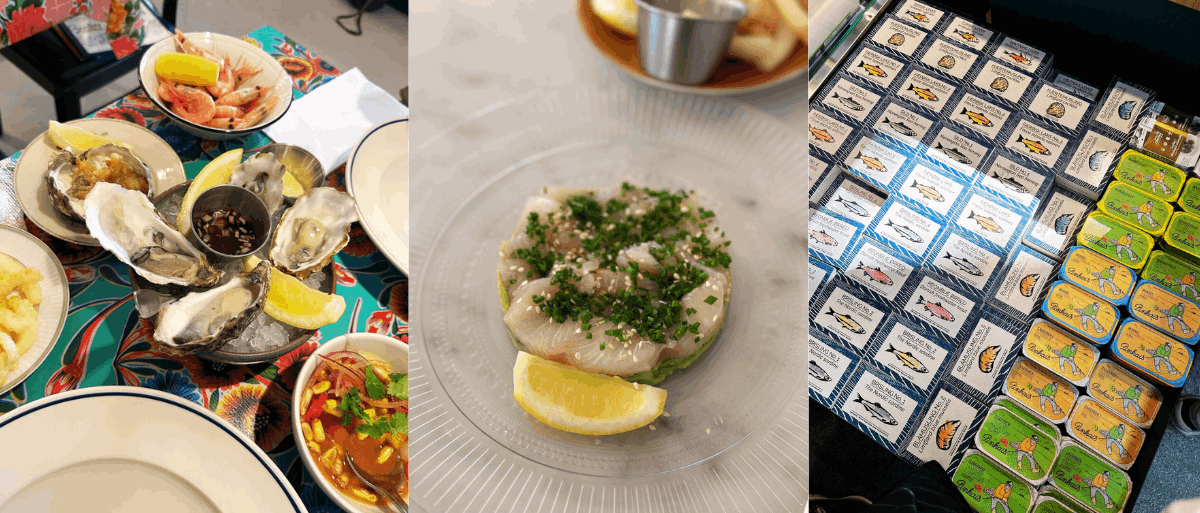 In fact, several high-end restaurants in Copenhagen, including the renowned Noma, exclusively source sustainable, local seafood. Noma even serves dishes featuring wild-caught, responsibly fished species from the North Sea and local waters. Other eateries, such as Amass and Kadeau, also focus on seafood caught in accordance with environmental best practices.
In fact, several high-end restaurants in Copenhagen, including the renowned Noma, exclusively source sustainable, local seafood. Noma even serves dishes featuring wild-caught, responsibly fished species from the North Sea and local waters. Other eateries, such as Amass and Kadeau, also focus on seafood caught in accordance with environmental best practices.
In vibrant Copenhagen, sustainability is everywhere—it’s eco-tourism at its finest.

